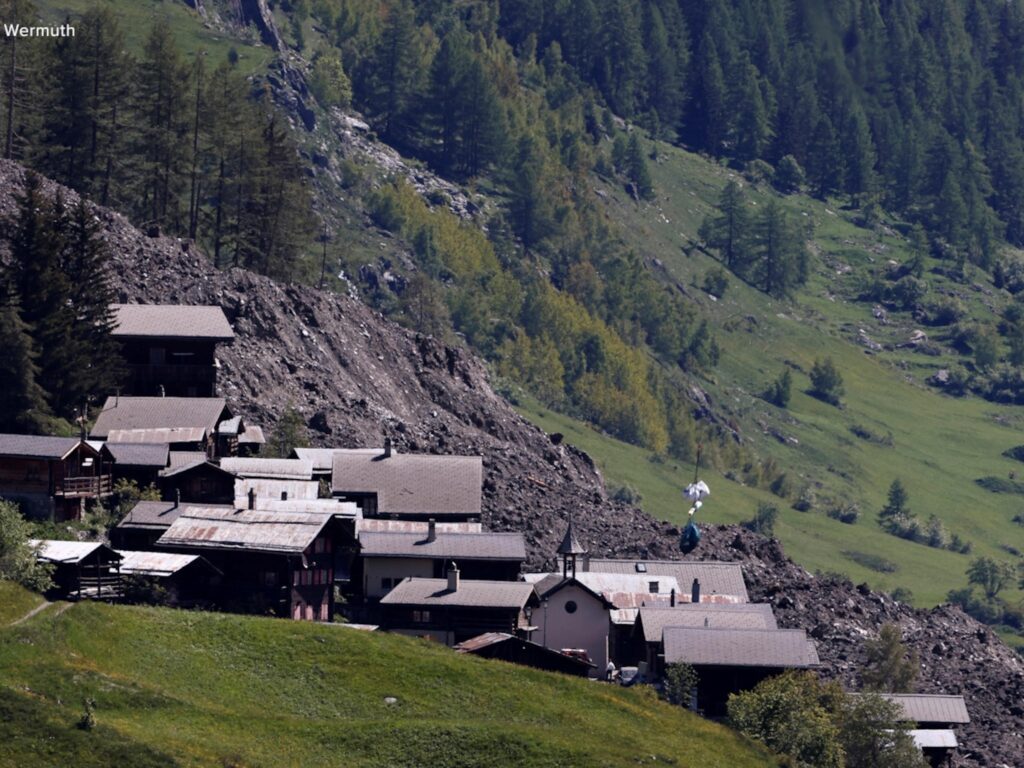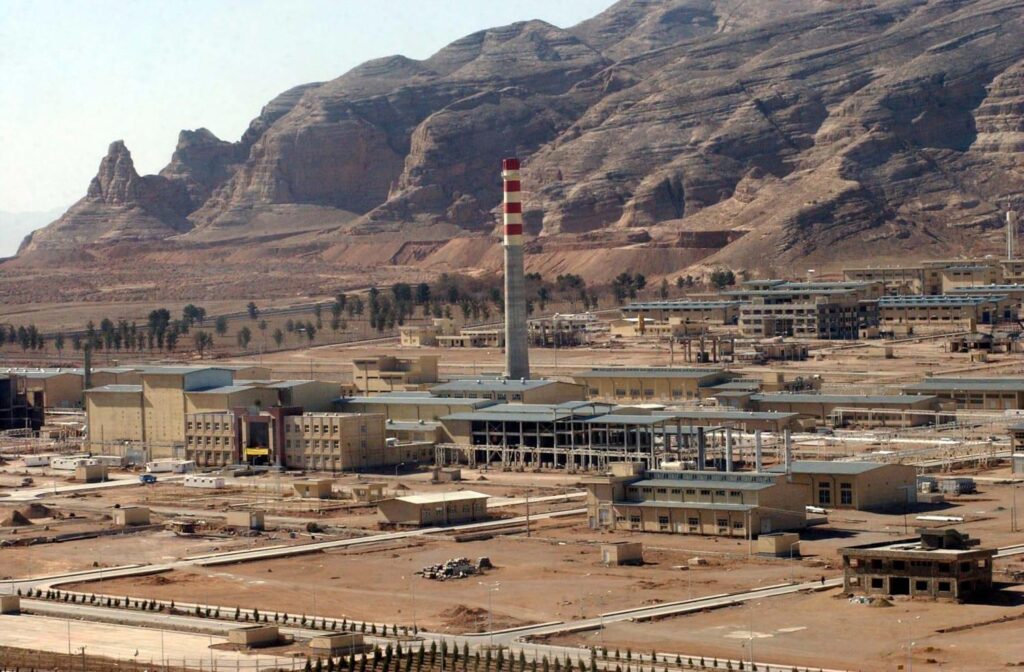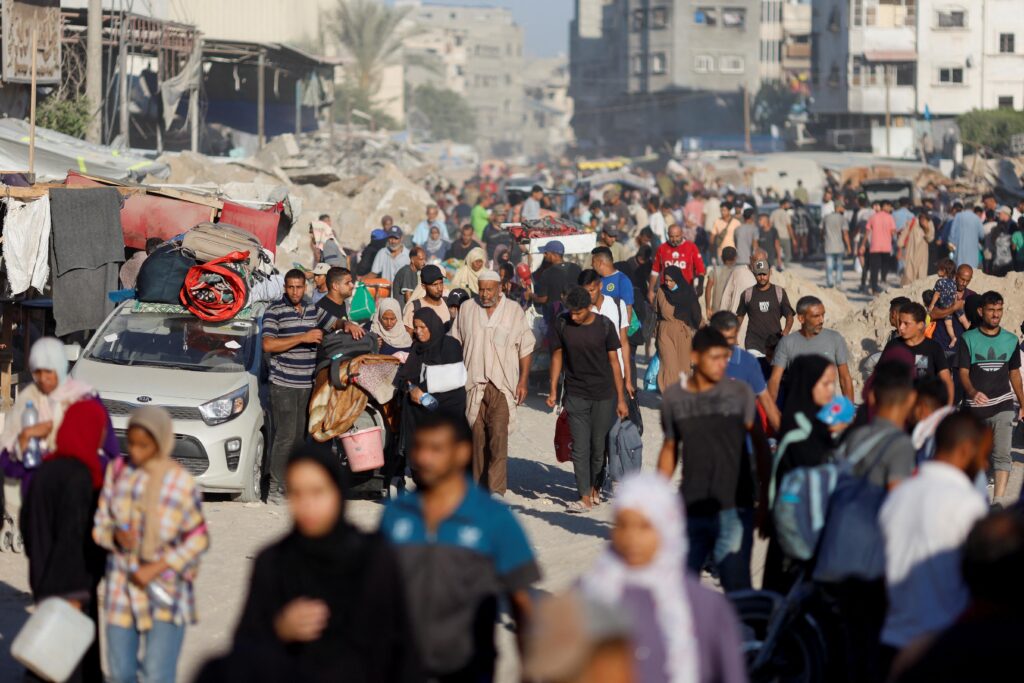In the high-stakes chess game of Middle Eastern geopolitics, Israel’s strategic air power emerges as a potent weapon that can checkmate Iran’s regional ambitions with surgical precision and economic cunning.By leveraging its technological superiority and advanced aerial capabilities, the Israeli military can inflict strategic damage while simultaneously compelling Tehran into financially draining retaliatory cycles. This asymmetric approach transforms aerial confrontation from a mere tactical engagement into a nuanced economic battleground, where each precision strike carries implications far beyond immediate military impact.Modern military dynamics reveal a complex strategic chess game where technological superiority translates into economic warfare. Israel’s advanced aerial capabilities fundamentally reshape regional power calculations, enabling precise, cost-effective interventions against potential adversaries.
The Israeli Air Force represents a technological marvel, equipped with state-of-the-art F-35 fighter jets, advanced surveillance systems, and precision-guided munitions. These capabilities allow strategic strikes that minimize operational expenditures while maximizing potential deterrence impact. Each mission represents a calculated economic and military equation, where minimal Israeli investment can trigger considerable reactive costs for Iran.
Complex long-range strike capabilities mean Israeli forces can engage targets deep within Iranian territory without committing ground troops or risking extensive personnel deployment. Precision-guided munitions and sophisticated drone technologies enable surgical interventions that disrupt critical infrastructure, research facilities, and strategic assets with remarkable efficiency.
Tehran faces a meaningful economic challenge in responding to such strikes. Every retaliatory action requires substantial financial investment, perhaps straining Iran’s already fragile economic infrastructure. The asymmetric nature of these confrontations means Iran must allocate disproportionate resources to potential counterstrikes, defensive preparations, and infrastructure protection.
Advanced intelligence gathering and real-time reconnaissance provide Israeli strategists unprecedented situational awareness. Cutting-edge satellite technologies, signal intelligence, and human intelligence networks create a extensive operational picture that allows preemptive and highly targeted interventions.
The economic warfare dimension extends beyond immediate military expenditures. Each strike introduces uncertainty into Iranian strategic planning,compelling significant defensive investments across multiple sectors. Military installations,research centers,and critical infrastructure must be continuously reinforced and protected,generating substantial ongoing expenses.
Geopolitical dynamics further amplify these economic pressures. International sanctions, coupled with Israel’s strategic strikes, create a compounding economic strain that challenges Iran’s regional ambitions. The psychological impact of persistent technological superiority adds another layer of strategic complexity.
Israel’s approach represents a paradigm shift in modern conflict management. By leveraging technological superiority, the nation transforms military engagement into a nuanced economic calculation. Each intervention becomes a precise instrument of strategic pressure, minimizing direct confrontation while maximizing potential deterrence.
The underlying strategy suggests that technological innovation can serve as a cost-effective option to traditional military escalation. Precision,intelligence,and strategic restraint become powerful tools in managing complex geopolitical tensions,offering a sophisticated approach to regional security challenges.










